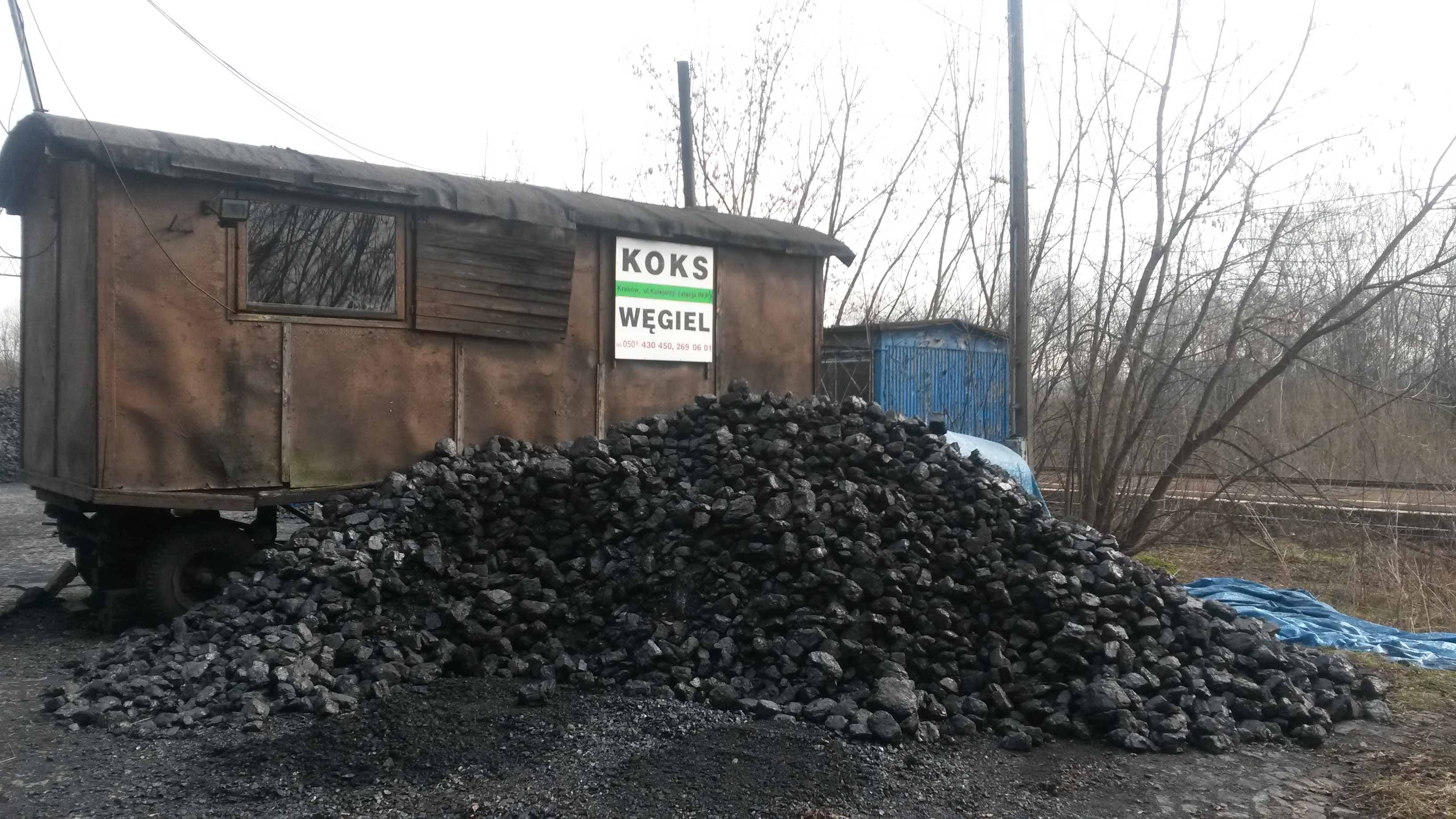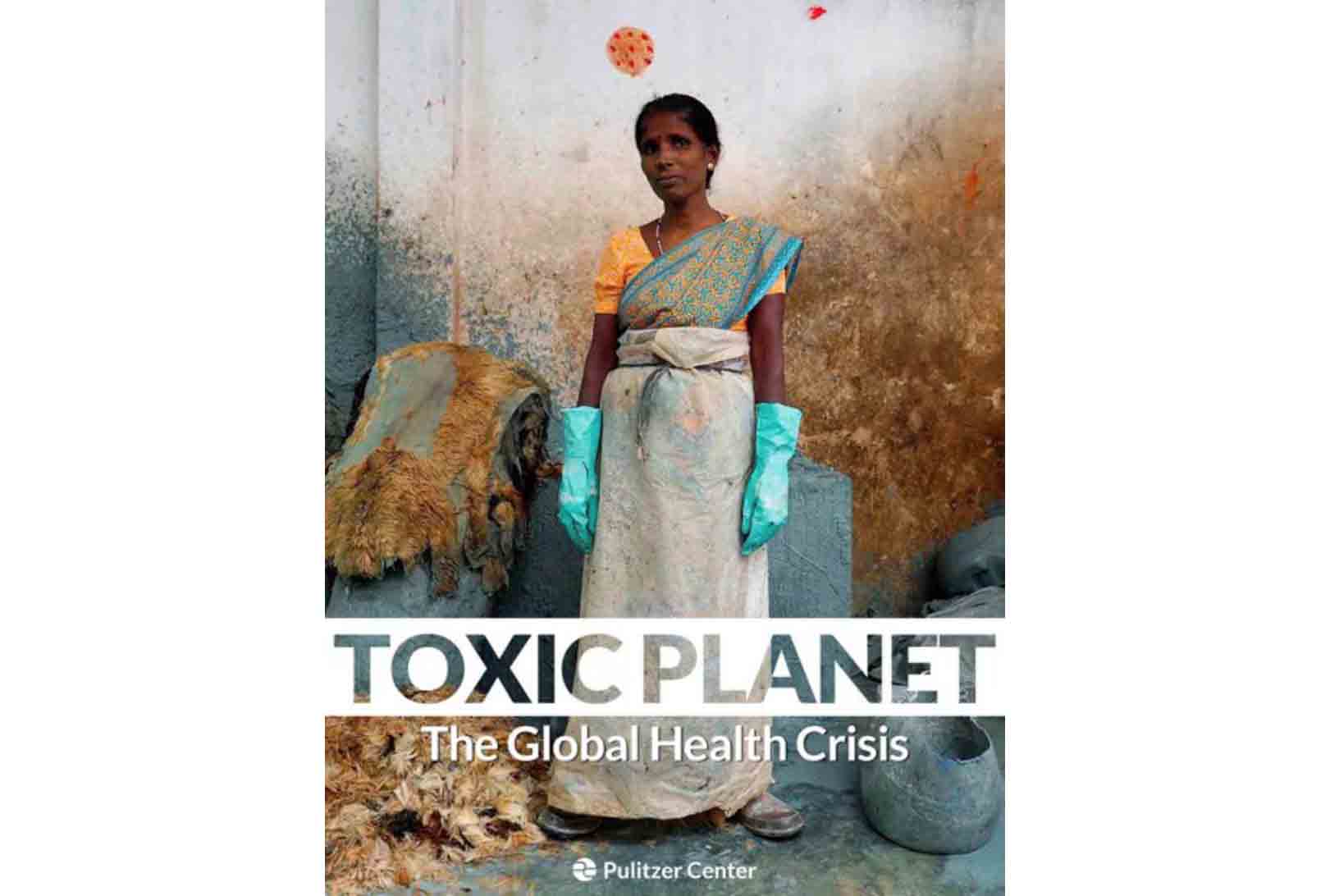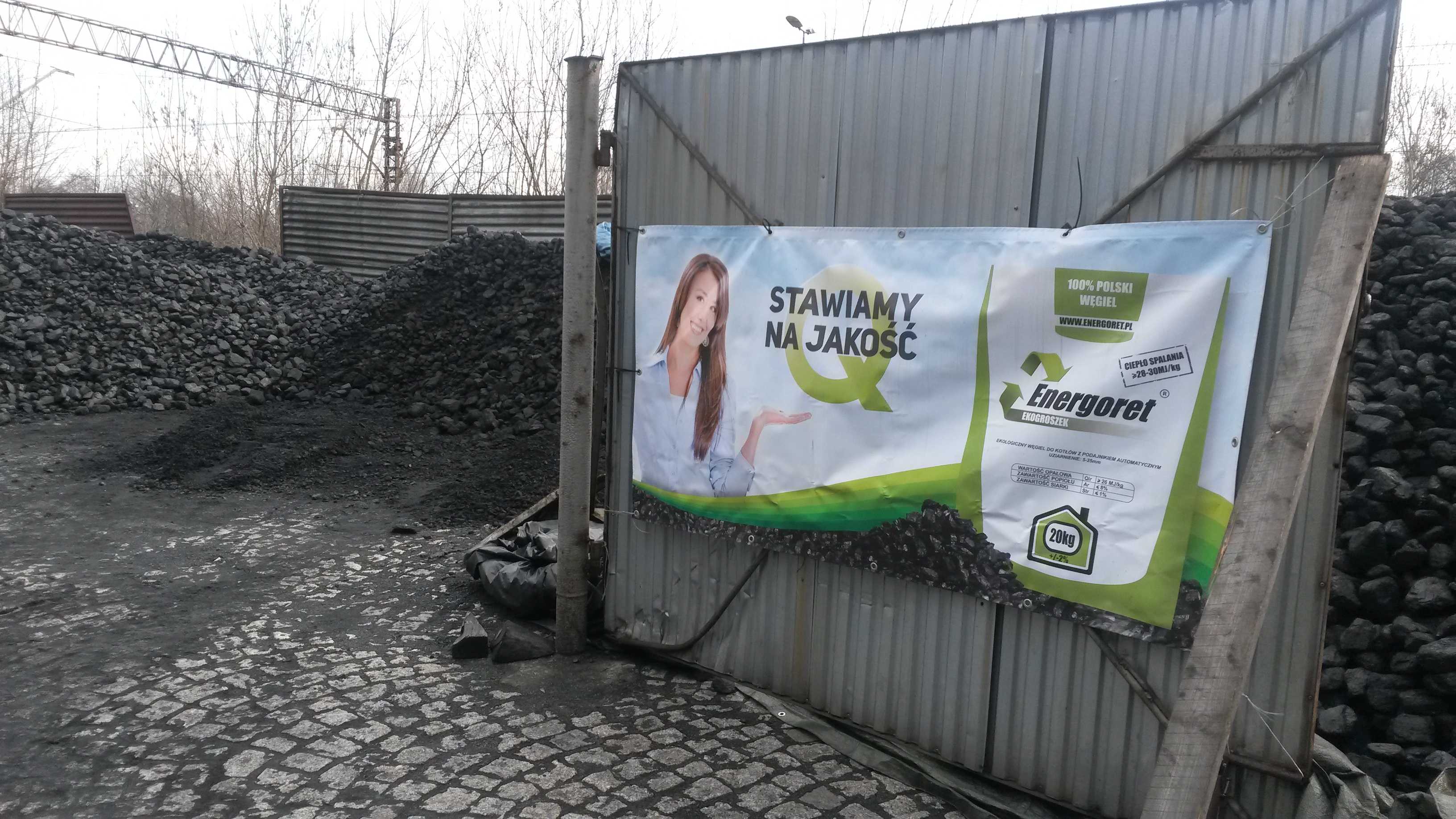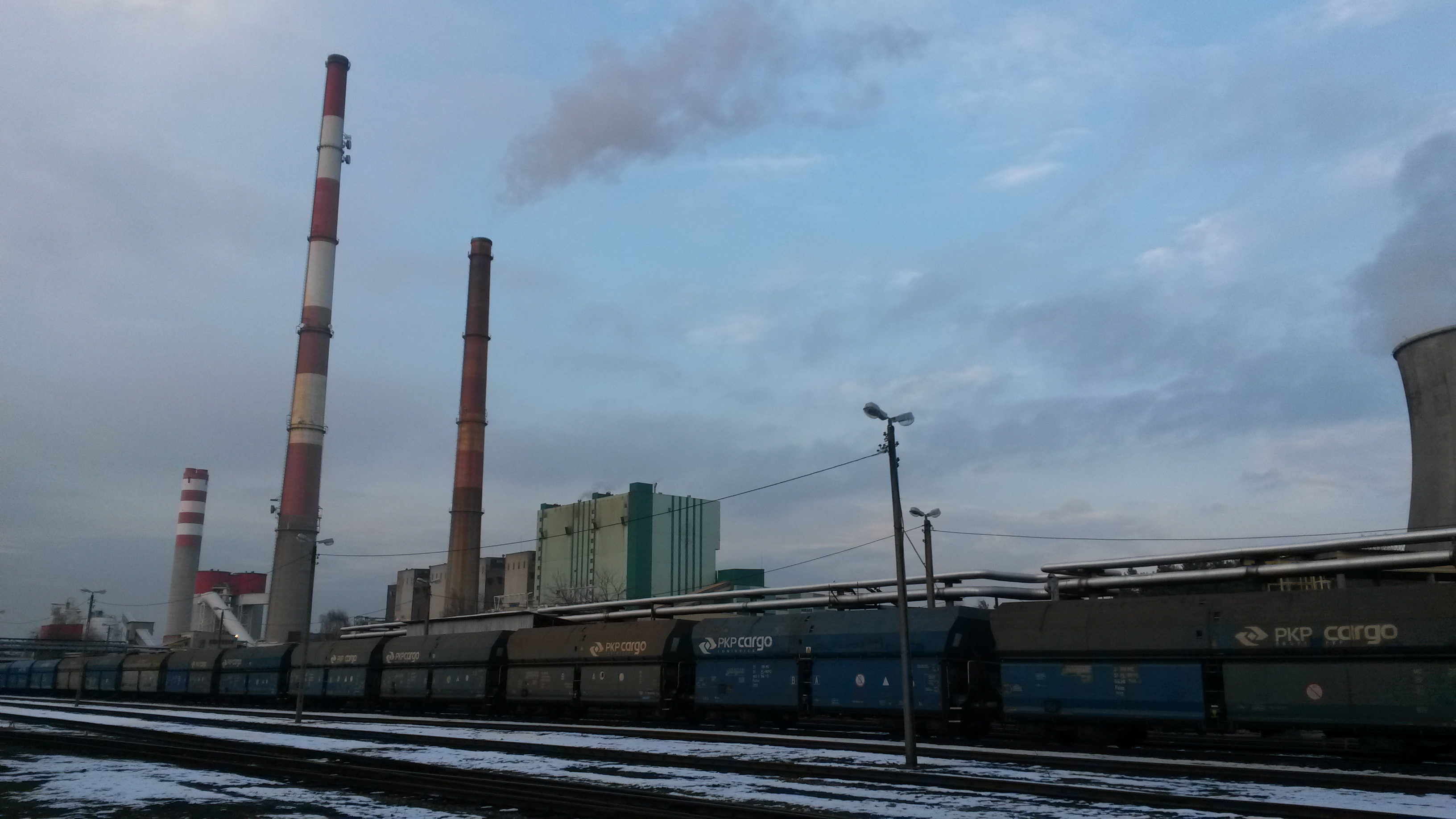
Poland is among the most coal-dependent nations in Europe, and its leaders are the fuel's staunchest defenders whenever European Union negotiators discuss new environmental rules. In wintertime, many Poles burn coal to heat their homes, creating a foul fog that sits over Polish cities for months on end, poisoning lungs and adding to Poland's severe air pollution problem.
Worldwide, coal use is a critically important environmental story, because it is a major driver of climate change while also wreaking more immediate damage on public health. In addition to carbon dioxide, coal-burning releases soot, sulfur dioxide, mercury and other pollutants that can cause a multitude of ailments, from bronchitis and asthma to strokes, heart attacks and lung cancer.
In this project, journalist Beth Gardiner looks at Poland, which provides a powerful illustration of coal's impact. Poles suffer the worst coal-driven health problems in Europe. One study estimated that emissions from Poland's coal-fired power plants kill an estimated 5,300 people every year, more than die nationwide in traffic accidents, and create $8.7 billion in health costs. Emissions from low-tech home coal stoves are even more damaging. Poland's leaders, fearful of depending on Russia for natural gas, say coal is central to the economy and will be a big part of the country's energy mix for years to come.
One city now pushing back is Krakow, ranked by the E.U. as having the third-dirtiest air on the continent. Regional lawmakers voted to ban the use of coal for home heating, but a court invalidated the measure, a decision now being appealed. In the meantime, the city is moving forward with plans to help residents replace coal stoves.
-
×
 English
English













